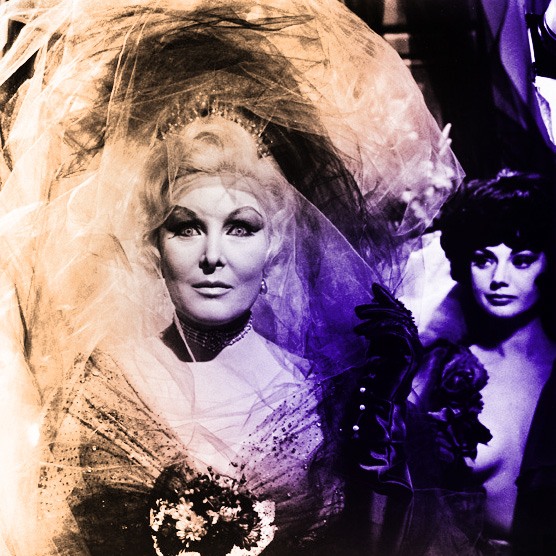The new wave of women’s-health experts keeps telling me that menopause is liberating. And given the current horrors that face fertile women in half the United States, I’m inclined to believe them.
The thinking goes that once my period stops coming, in addition to no longer being seen as a potential incubator-hostage in the Gilead states, I’m going to tap into my wise-woman creativity and stop caring what anyone else thinks. I’m seeing words like “vulvalution” (cringe) and “menotech” (yes, please) bandied about.


